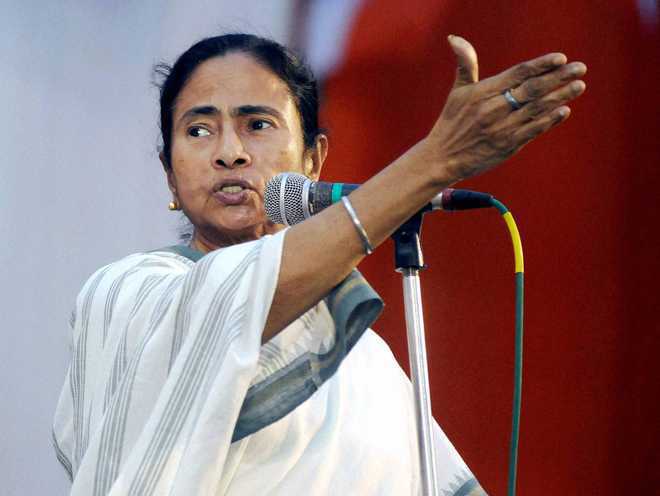Janjivan Bureau / KOLKATA: West Bengal Chief Minister Mamata Banerjee has demanded one-time financial assistance of Rs 10,000 each for migrant labourers from the Centre, saying “people have been facing economic hardship of unimaginable proportions because of the ongoing coronavirus pandemic.’’
The West Bengal Chief Minister took to Twitter and tweeted, “People have been facing economic hardship of unimaginable proportions because of the ongoing pandemic. I appeal to Central Govt to transfer Rs10,000 each as one-time assistance to migrant labourers including people in unorganized sector. A portion of PM-CARES could be used for this.”
It may be noted that the Trinamool Congress leader, who had earlier clashed with the Centre over the migrant workers’ crisis, had on Tuesday said that the West Bengal government witnessed super Cyclone Amphan while fighting the Covid-19 pandemic.
She said the devastation left behind from Amphan has been unprecedented and it was “the fiercest storm in our recent memory.”
“Through the resilience of Bengal and its people, along with a determined effort by GoWB machinery, we have been able to kickstart major relief and rehabilitation work for the distressed, with an immediate announcement of a Rs 6250 crore package as first tranche,” she tweeted out.
The West Bengal government has released Rs 1,444 crore to assist people as part of the rehabilitation process following cyclone Amphan, Chief
Minister Mamata Banerjee said on Tuesday.
The state government has already transferred money to nearly five lakh affected people for repairing their homes, besides crop damage assistance to 23.3 lakh farmers, she said.
Financial assistance to two lakh betel farmers has also been provided, Banerjee said.
Cyclone Amphan claimed 98 lives in West Bengal and at least six crore people were directly affected by it. At least eight districts of West Bengal were ravaged in the cyclone that hit the state on May 20.
Prime Minister Narendra Modi had announced an immediate relief package of Rs 1,000 crore for the cyclone-hit state.

















